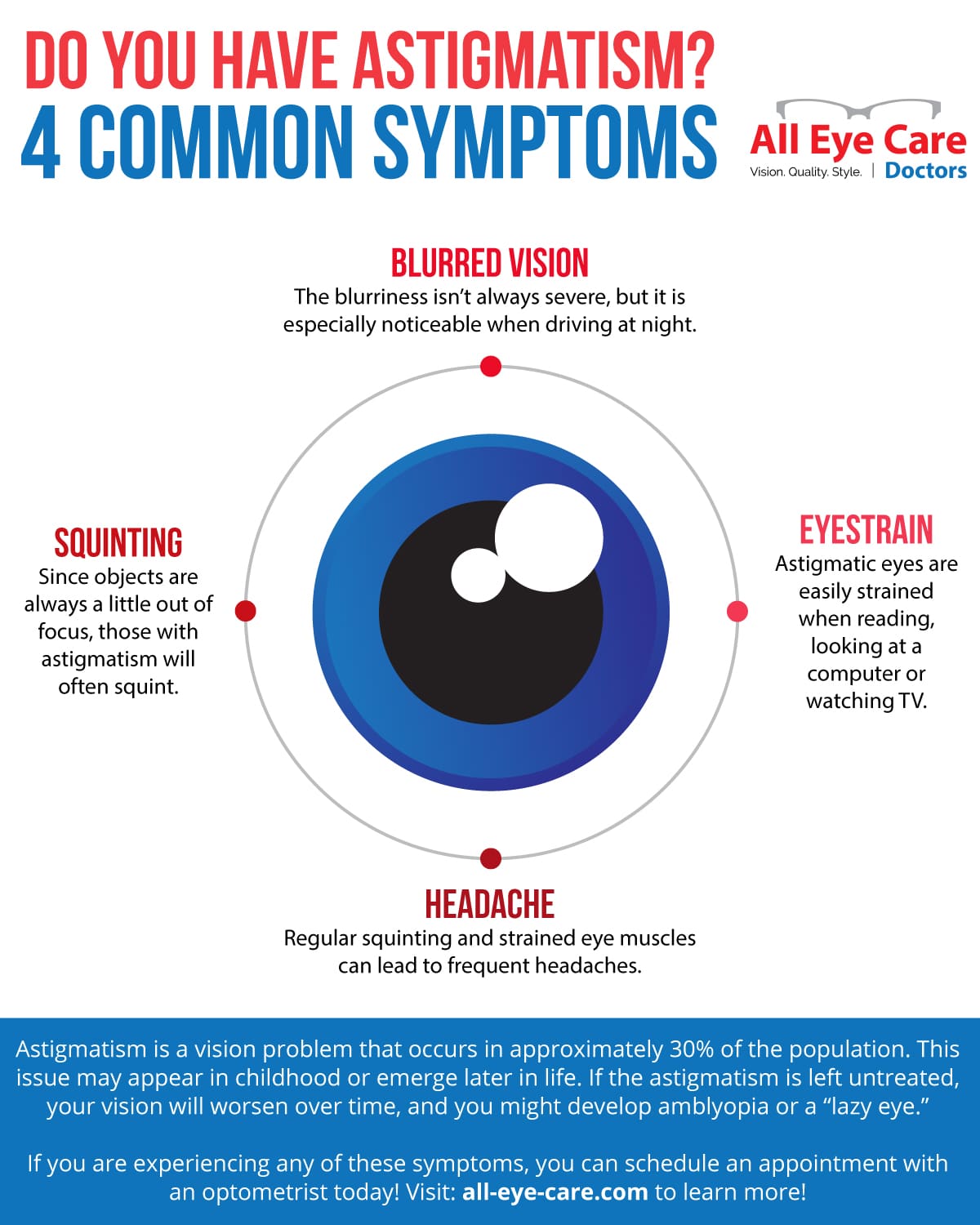Thinking About SMILE Surgical Treatment? Analyze Important Components And Insights That Can Equip You To Make An Enlightened Choice Regarding Your Eyesight'S Future
Thinking About SMILE Surgical Treatment? Analyze Important Components And Insights That Can Equip You To Make An Enlightened Choice Regarding Your Eyesight'S Future
Blog Article
Author-Craven Dalrymple
If you're contemplating SMILE eye surgical treatment, ponder this: are you prepared to embrace potential aesthetic flexibility, or does the idea of any type of risks make you think twice? Your decision will depend upon a mindful balance of considering the benefits versus the uncertainties. It's essential to delve much deeper right into the nuances of SMILE surgical procedure to make an enlightened selection that lines up with your aesthetic goals.
Understanding SMILE Eye Surgical Procedure
When considering SMILE Eye Surgery, it's important to recognize the treatment and its advantages. SMILE, which means Tiny Incision Lenticule Extraction, is a minimally intrusive laser eye surgical treatment that deals with usual vision troubles like nearsightedness (nearsightedness).
Throughout the procedure, your eye specialist will certainly utilize a femtosecond laser to create a small laceration in your cornea. With this laceration, a small disc of tissue called a lenticule is removed, reshaping the cornea and correcting your vision.
One of the key advantages of SMILE Eye Surgical treatment is its fast recovery time. Several individuals experience improved vision within a day or 2 after the procedure, with minimal discomfort.
Additionally, SMILE is recognized for its high success price in giving long-term vision correction. Unlike LASIK, SMILE doesn't require the production of a flap in the cornea, reducing the risk of difficulties and permitting an extra steady corneal structure post-surgery.
Recognizing the treatment and its benefits is vital when considering SMILE Eye Surgical treatment for vision modification.
Advantages and disadvantages of SMILE
Thinking About SMILE Eye Surgical treatment for vision improvement features different benefits and prospective downsides.
Among the major pros of SMILE is its minimally invasive nature, as it entails a tiny laceration and generally leads to quick healing times. cataract surgery success rate is additionally recognized for triggering very little discomfort and completely dry eye signs and symptoms post-surgery contrasted to various other vision modification methods. Furthermore, SMILE has been revealed to supply excellent aesthetic results, with lots of people accomplishing 20/20 vision or better.
On the other hand, a possible disadvantage of SMILE is that it might not be suitable for people with extreme refractive mistakes, as the therapy variety is somewhat minimal contrasted to LASIK. An additional factor to consider is that the understanding contour for doctors implementing SMILE can affect the availability of knowledgeable carriers in particular areas.
It's important to evaluate these benefits and drawbacks meticulously when choosing if SMILE is the right choice for your vision improvement demands.
Establishing Eligibility for SMILE
To identify if you're qualified for SMILE eye surgical procedure, your optometrist will certainly perform a detailed analysis of your eye health and wellness and vision requirements. During discover this info here , variables such as the stability of your vision prescription, the thickness of your cornea, and the general health and wellness of your eyes will be assessed.
Normally, candidates for SMILE more than 22 years of ages, have a secure vision prescription for at the very least a year, and have healthy and balanced corneas without problems like keratoconus.
Your optometrist will additionally consider your overall eye health, any type of existing eye conditions, and your way of living needs to establish if SMILE is the right choice for you. It's important to interact any kind of details visual requirements or worries you may have throughout this evaluation to ensure that the treatment aligns with your expectations.
If you aren't eligible for SMILE, your ophthalmologist may recommend alternative vision improvement choices that far better match your private requirements and eye wellness standing.
Final thought
Ultimately, making a decision whether SMILE eye surgery is right for you requires careful factor to consider of your individual eye health and visual needs. Seek advice from your ophthalmologist to identify your eligibility for the procedure and consider the possible benefits and downsides. Keep in mind to interact any concerns or questions you might have throughout the examination process to make an informed choice regarding your vision improvement choices.
